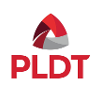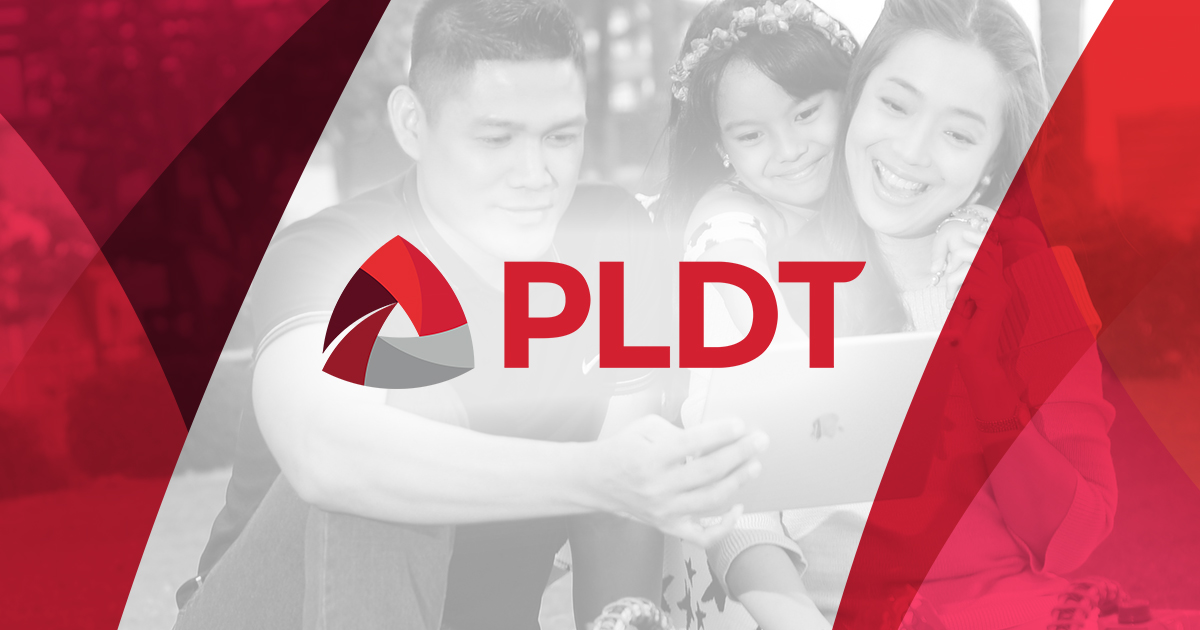

The Barangay Council for the Protection of Children (BCPC) of Barangay Carmen, Cagayan de Oro City at the recent turnover of the equipment that will be used for OSAEC case management, reporting, response, rescue, and rehabilitation efforts. This is part of the collaborative program of Kids for Kids PH, PLDT, Smart, and SaferKidsPH that aims to promote community awareness and capacity to create safer spaces for children.
PLDT and Smart are working with youth-led organization Kids for Kids Philippines (Kids for Kids PH) and SaferKidsPH, the pioneering consortium of Save the Children, The Asia Foundation and UNICEF, to take on the fight against online sexual abuse and exploitation of children (OSAEC) in barangays.
Driven by their core corporate value of “malasakit”, PLDT and Smart are joining the alliance to continue being in the forefront of the global and local fight against OSAEC.
Regarded by SaferKidsPH as an egregious form of online violence against children today, OSAEC in the Philippines has been significantly increasing amid the COVID-19 lockdowns. Kids for Kids PH, through their Kakampi Klub global alliance and campaign, engages the youth sector and champions a multi-sectoral and community-based approach to help fight OSAEC. Together with SaferKidsPH, Kids for Kids PH has brought their efforts on-ground, now with PLDT and Smart as partners from the private sector.
Piloting in Barangays Carmen and Canito-an in Cagayan de Oro City and in Tubod in Iligan City, the collaborative program dubbed as “Safer Spaces for Kids” aims to equip, train, and mobilize Barangay Council for the Protection of Children (BCPC) units towards OSAEC prevention, response, rescue, and rehabilitation. BCPCs are dedicated units of local governments tasked to deliver basic services and uphold children’s rights in grassroots communities.
Cagayan de Oro City and Iligan City were part of an OSAEC baseline study by Save the Children, which presented opportunities to raise awareness on OSAEC, and build capacity of communities to curb the crime. “We are highly encouraged by the strong grasp of these local government units on the whole-of-community approach that is needed in managing threats and risks that children face in today’s digital environment. Responding to the needs of their constituents, they have prepositioned institutions and community readiness for the rollout of anti-OSAEC efforts,” said Jose Rosete, Assistant Vice President and Head of Government Relations at Smart.

To support the program, PLDT and Smart are providing connectivity, and rolling out learning resources on digital safety and wellness, as well as fundraising efforts. Together with SaferKidsPH and Kids for Kids PH, the alliance will work with local governments, BCPCs, and the youth sector to further strengthen community response against OSAEC.
PLDT First Vice President and Group Head for Corporate Communications Catherine Yap-Yang affirmed that PLDT and Smart are embarking on this initiative as one of the ways to implement their industry-pioneering Child Safeguarding Policy, and to help mitigate unintended adverse social impact of rapid digitalization across the country, which includes OSAEC. “Children may not be our direct customers, but they are ultimately end-users of our digital services. While we work to enable our young ones, we acknowledge that they are just as vulnerable to online risks and harms like OSAEC. Hence, the need to take on these measures to help our customers and our communities in creating a safe environment for our children today,” said Yap-Yang.
Prior to this collaboration, PLDT and Smart became the country’s first members to the global coalition of the Internet Watch Foundation against Child Sexual Abuse Materials and have embedded a Child Protection Platform into their 24/7 network security systems to continuously block websites with OSAEC.
UNICEF Deputy Representative Behzad Noubary meanwhile explained several factors that promote and prevent OSAEC. “Children’s lack of understanding of dangers online place them at risk of being victimized. Parents who have no food on the table may be pushed to sell their children online, often unaware of the damage that these crimes have on their children. But this does not have to be the case. To stop the abuses, we need to give children the tools to protect themselves. We at UNICEF envision a world where children have access to information and are able and free to express themselves, and where adults are there to keep them safe.”
“We would like to call on local government units to increase resources and investments, establish local ordinances, and train frontliners to prioritize the best interest of the child,” said Noubary.
With the youth sector championing change for the larger community, Kids for Kids PH Co-founders Natasha Tanjutco and Isabella Tanjutco shared that their organization welcomes this boost of support to their youth-led initiatives for children’s rights. “We believe that forsaking our children would be like forsaking our nation. With OSAEC being a very difficult topic to address, Kakampi Klub hopes to create an opportunity for more digestible conversations while looking at the root causes of the issue - the lack of education, food security, safe spaces, and policy. These also form the four pillars of our campaign. Through this collaboration with SaferKidsPH and PLDT and Smart, we hope to set an example of the greatness that can come from working together for the benefit of our children.”
To report cases of OSAEC, citizens may reach the Aleng Pulis hotline of the Philippine National Police - Women and Children Protection Center at 0919-777-7377.
These initiatives underscore the commitment of PLDT and Smart to help the country attain the United Nations Sustainable Development Goals (UNSDG), particularly UNSDG #16 which promotes just, peaceful, and inclusive societies including the end to abuse, exploitation, trafficking and all forms of violence against and torture of children.

